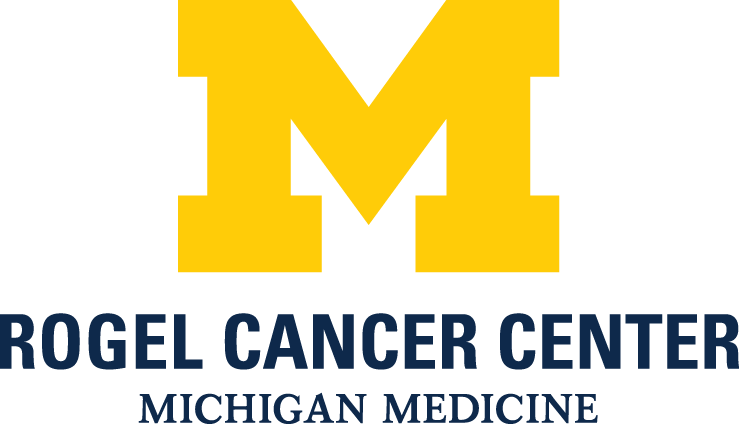
Dr Alumkal on Triplet Therapy in Prostate Cancer

Joshi Alumkal, MD, discusses the use of triplet therapy in prostate cancer.
Joshi Alumkal, MD, Wicha Family Professor of Oncology, professor, Department of Internal Medicine, section head, Prostate and Genitourinary Medical Oncology, associate division chief, Basic Research, Division of Hematology-Oncology, member, the University of Michigan Rogel Cancer Center, director, Epigenetic Therapy, Michigan Center for Translational Pathology, discusses the use of triplet therapy in prostate cancer.
The optimal use of the triplet combination of androgen deprivation therapy (ADT), docetaxel (Taxotere), and an androgen receptor signaling inhibitor is unknown, Alumkal begins. The phase 3 PEACE-1 trial (NCT01957436), which investigated ADT, docetaxel, and abiraterone acetate (Zytiga) vs ADT, docetaxel, and placebo, showed an overall survival (OS) benefit with the addition of abiraterone to ADT and docetaxel in patients with metastatic hormone-naïve prostate cancer, Alumkal explains. These findings were similar to those of the phase 3 ARASENS trial (NCT02799602), he adds.
However, neither of these trials featured a control arm where patients just received ADT and an androgen receptor signaling inhibitor, Alumkal says. The ARASENS trial did not have an arm that received ADT and darolutamide, and the PEACE-1 trial did not have an arm that received ADT plus abiraterone, Alumkal expands. Therefore, it remains unknown whether ADT plus an androgen receptor signaling inhibitor would be sufficient for many patients, or whether the addition of docetaxel is necessary, he explains.
Trials investigating the efficacy of ADT plus an androgen receptor signaling inhibitor with or without docetaxel have yet to be conducted, leaving an unmet need for patients with prostate cancer, he continues. Since many patients are hesitant to start chemotherapy with docetaxel, collecting level 1 evidence to show these patients the OS advantages of adding an androgen receptor signaling inhibitor to ADT is important, Alumkal emphasizes. However, for patients who want their prostate cancer treatment to be as aggressive as possible, data indicate that the triplet combination is more effective than the doublet combination of chemotherapy plus ADT, he notes. Younger patients who are more symptomatic or have more advanced prostate cancer tend to be most interested in treating their disease with an ADT, chemotherapy, and an androgen receptor signaling inhibitor, he concludes.






































